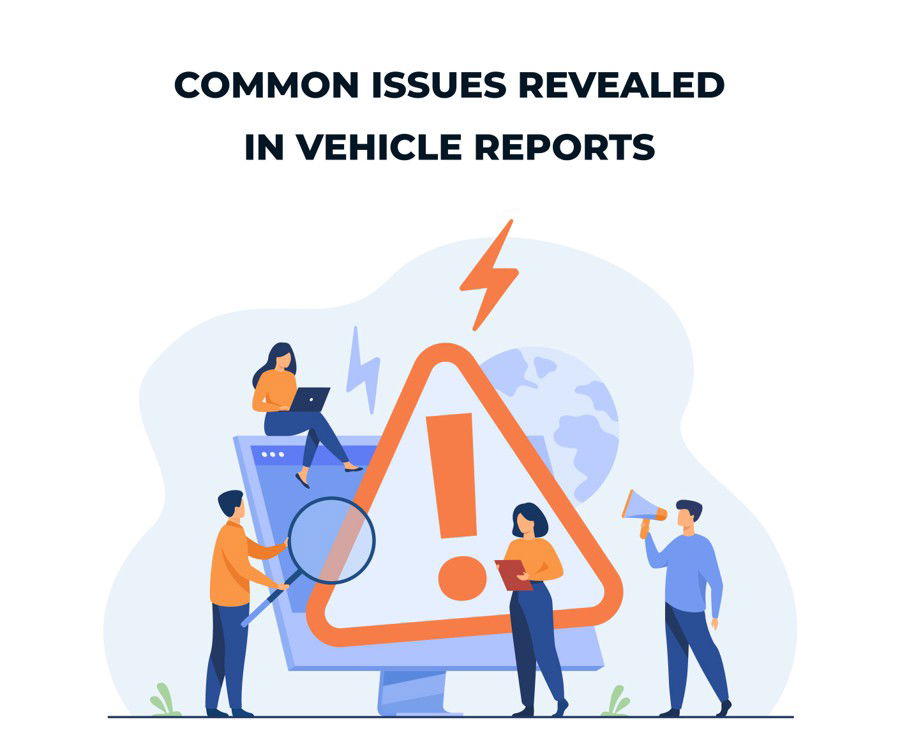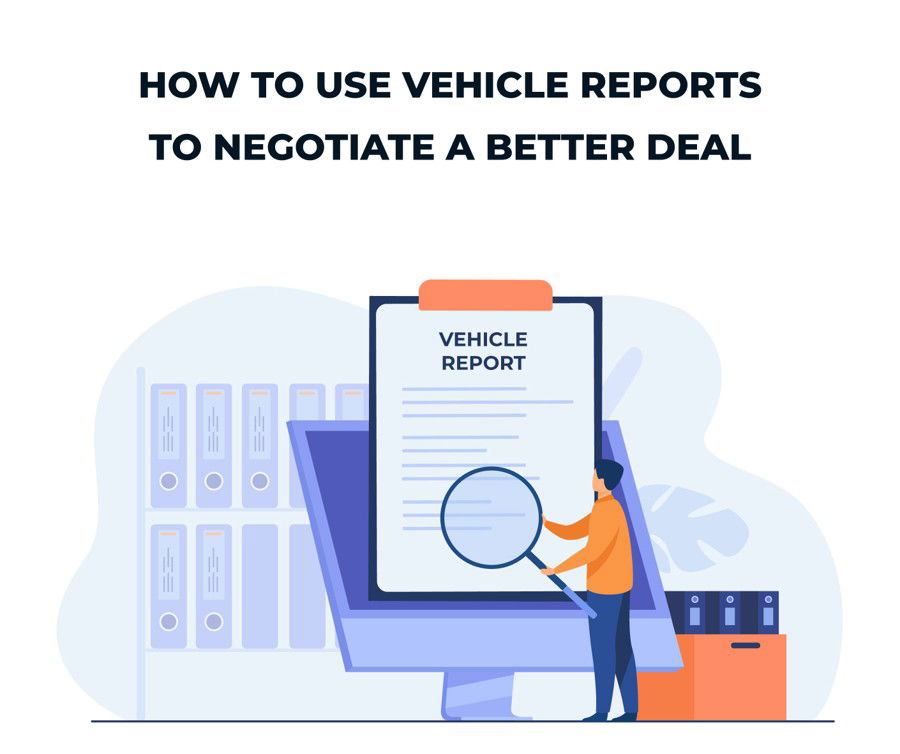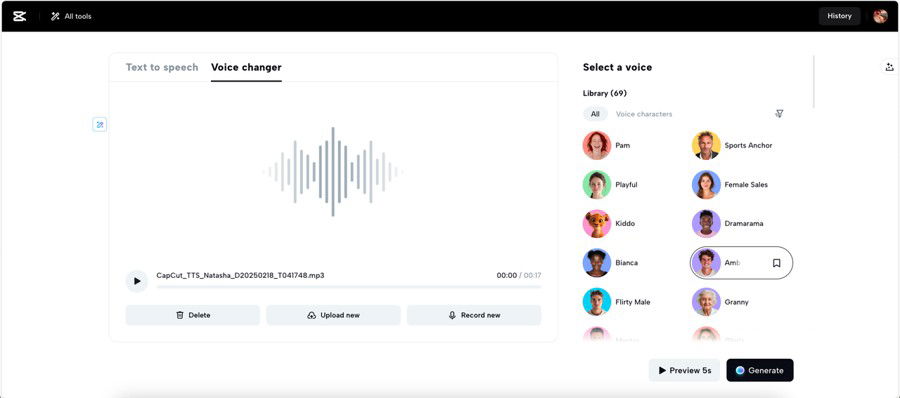By using a free car history report by vin, you can uncover hidden issues and make a more informed purchasing decision. This guide will show you how these reports work and why they are essential for a confident and secure car purchase.
Why vehicle history matters when buying a car
Buying a car without knowing its history is a gamble. A vehicle may look perfect on the surface, but hidden damage, accidents, or even legal issues could make it a poor investment. Vehicle history reports from IAAI and Copart provide a clear picture of the car’s background, including its condition, ownership, and any repairs or accidents it has undergone. This transparency helps you avoid buying a lemon and gives you the confidence to negotiate a fair price. A detailed history report can also reveal if the car has been salvaged, stolen, or involved in significant damage, all of which can affect its long-term reliability and value.
Understanding iaai and Сopart vehicle reports
IAAI (Insurance Auto Auctions) and Copart are two of the largest auction houses for salvage and used cars. Their reports are highly detailed and include key information such as:
Accident history
Reports from IAAI and Copart provide details about any accidents the car has been involved in, including the type of accident, the extent of damage, and the location of impact. This information helps buyers understand the structural integrity of the vehicle and any potential future issues.
Title status
The reports include information about the car's title status (clean, salvage, rebuilt, etc.). A salvage or rebuilt title indicates that the car has been previously damaged and repaired, which can affect its value and insurance options.
Previous ownership and usage
Knowing how many previous owners a car has had and whether it was used as a rental, lease, or personal vehicle can help you understand how well it was maintained and the potential for hidden issues.
How to get a vehicle report using a vin
To obtain a detailed vehicle history report, you need the car’s VIN (Vehicle Identification Number). The VIN is a 17-character code unique to each vehicle, usually found on the dashboard, driver’s side door, or vehicle registration documents.
1. Go to a trusted platform like STAT.VIN.
2. Enter the VIN number into the search bar.
3. Review the detailed report, which includes accident history, ownership details, damage reports, and title status.
4. Use the information to make an informed decision about the car's value and condition.
Key differences between iaai and copart reports
While both iaai and copart provide similar information, there are some key differences:
Iaai reports
• Focus heavily on insurance claims and damage details.
• Include detailed photos of damaged areas.
• Often provide more extensive repair history.
Copart reports
• Focus more on auction details and bidding history.
• Provide information on estimated repair costs.
• Include data on vehicle condition and damage type.
These differences allow buyers to gain a comprehensive understanding of the car’s history and current condition.
Common issues revealed in vehicle reports

Vehicle reports from iaai and copart can uncover hidden problems that could affect the car's safety, reliability, and value.
Structural damage
If a vehicle has been involved in a major accident, the structural integrity could be compromised, even if the exterior looks fine. Frame damage can lead to alignment issues and uneven tire wear.
Flood or water damage
Water damage can lead to rust, mold, and electrical issues. Reports often include information about whether the car has been involved in a flood or marked as a water-damaged vehicle.
Odometer rollback
Some sellers may try to increase the car’s value by rolling back the odometer. Vehicle reports reveal discrepancies in reported mileage, helping buyers avoid fraud.
Why transparency matters in car buying
Transparency in car buying helps to protect consumers from hidden defects and dishonest sellers. When you have access to a vehicle’s full history, you are better equipped to:
• Negotiate a fair price based on the car’s true condition.
• Avoid future repair costs by identifying hidden damage.
• Ensure the car meets your safety and reliability standards.
• Gain confidence that the car is legally registered and not stolen.
Vehicle reports from IAAI and Copart provide the transparency you need to make a well-informed decision.
How vehicle reports help with financing and insurance
Financing and insurance companies often require a vehicle history report before approving a loan or policy. A salvage or rebuilt title can increase insurance costs or even disqualify the car from coverage.
Impact on Financing
• Clean title → Easier loan approval and better rates.
• Salvage title → Higher interest rates or loan denial.
Impact on Insurance
• Clean title → Lower premiums and comprehensive coverage options.
• Salvage title → Limited coverage and higher premiums.
By using a vehicle history report, you can avoid financing or insuring a car with hidden issues that could lead to higher costs or legal complications.
How to use vehicle reports to negotiate a better deal

Having a detailed vehicle history report gives you a strong advantage when negotiating a car purchase.
1. Identify red flags – Use the report to uncover hidden issues like past accidents or damage.
2. Point out inconsistencies – If the seller’s description doesn’t match the report, ask for clarification or request a price reduction.
3. Highlight positives – A clean report can justify a higher price or better terms for the seller.
A thorough report gives you the confidence to walk away from a bad deal or negotiate better terms for a good one.
Common misconceptions about vehicle reports
Many buyers believe that a clean title guarantees a problem-free car — but that’s not always true.
“clean title means no issues”
Even cars with clean titles can have hidden mechanical issues or previous accidents that weren’t reported.
“all salvage titles are bad”
A salvage title isn’t always a dealbreaker — if the repairs were performed professionally and the damage wasn’t structural, the car could still be a good buy.
“vehicle reports aren’t necessary”
Some buyers skip vehicle reports to save money — but this can lead to costly mistakes down the road.
Conclusion
Understanding a vehicle’s history is essential when buying a used car. Vehicle reports from IAAI and Copart provide detailed information about accidents, damage, and title status, helping you avoid costly surprises and make a more informed decision. By using a free vehicle history report by VIN, you can uncover hidden problems, negotiate better terms, and gain confidence in your purchase. Don’t leave your car-buying decision to chance — let the facts guide you toward the right choice.










— 评论 0
, 反应 1
成为第一个发表评论的人